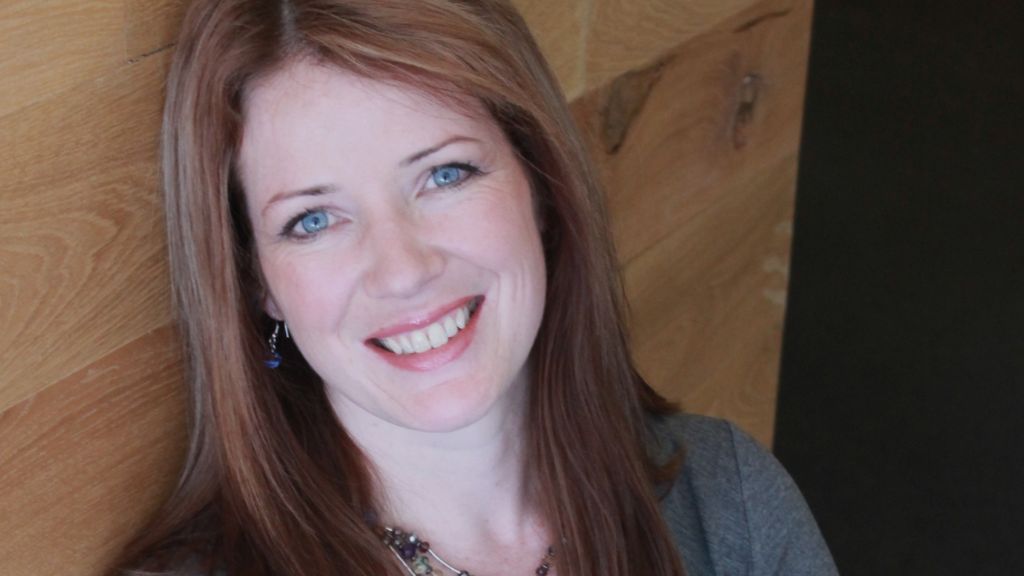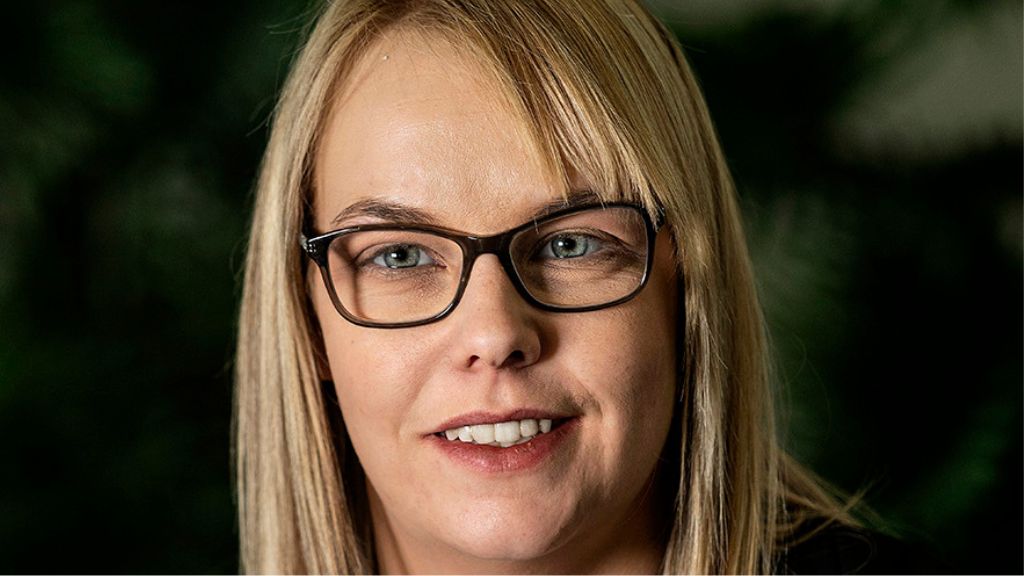REACTION: ADASS ‘throws down the gauntlet’ to government in annual report

The Association of Directors of Adult Social Services (ADASS) has released the results of its latest annual survey.
The report gives the opinions of directors in the adult social care space, and illustrated a number of revealing truths about the state of the sector.
For example, council spend on home care is up over 25% as the NHS continues it campaign to discharge hospital patients earlier.
Read more on the survey and report here.
For the reactions of the sector, read below.
Vic Rayner, CEO of the National Care Forum (NCF), said: “This report shows for the first time how the changing needs of people are impacting on the availability of care and support within communities.
People coming forward for assessment for the first time, whether from home or hospital, have increasingly complex needs and it is crystal clear that local authority budgets have not kept pace, meaning many people are not getting the care they need, when and where they need it.
“The concerns being reported by ADASS that an increasing number of people whose care and support should be covered under Continuing Health Care are now requiring local authority funding or being forced to fund their own care, is alarming and must be addressed. The patchy and inconsistent nature of CHC is creating a postcode lottery, putting unnecessary pressure on individuals, carers and the system as a whole. This research shows that there is clearly a significant gap between the increasingly complex care and support people want in the community and what is actually available – this can’t go on.

“It is well understood that effective care provided at the right time can prevent people requiring further emergency care and hospital admission. Many of the challenges we are now seeing have their roots in the inaction of previous governments. The new government has an opportunity to tackle this urgent crisis head on and change the approach, so people are able to live their lives well.
“The Secretary of State for Health and Social Care has talked of fixing the broken NHS and we urge him and his department to seize the opportunity to ensure the pressures on social care are front and centre of these plans. We want to work together with the new government to help address the immediate priorities and look forward to bringing the combined expertise of our diverse membership to finding solutions to these challenges.”
Meanwhile, Kathryn Smith, chief executive of the Social Care Institute for Excellence (SCIE), commented: “This report throws down the gauntlet for the new government by setting out the scale of the task at hand. The message is clear, the social care system is severely overstretched. The combination of budget constraints and rising care complexity from discharged patients means councils are unable to meet their statutory duties. The result is unmet or under-met social care needs, especially for local people recovering from a hospital stay.

“For years, the social care sector’s interdependence and value to the NHS has been underappreciated. Now is the moment for change. The Government has an opportunity to flip the script and invest in social care to save the NHS.
“Expanding the social care offer through sustained investment in community rehabilitation, reablement and intermediate care will prevent the need for long-term care as well as unplanned hospital admissions. Greater availability of community prevention and early support services allows the care system both to meet growing demand and to support efforts to reduce NHS waiting lists. Getting this investment right will be transformational to the lives of millions of people.”




